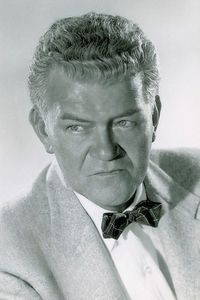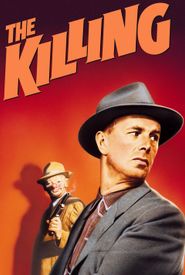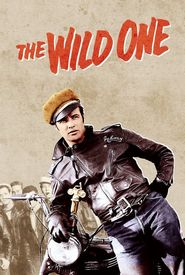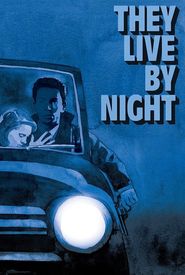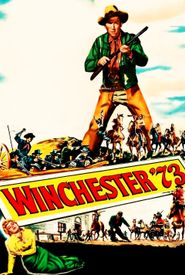John Constantine Flippen was born on March 6, 1899, in Little Rock, Arkansas, to John Flippen, a bookkeeper, and Emma L. Flippen, a dance and theatre instructor. His father died in 1908, and his older sister, Era, passed away the following year. Flippen's mother earned a living as a dance and theatre instructor, and his maternal grandmother, Mary Pack, lived with the family.
Flippen began his career in the entertainment industry at a young age, joining the Al G. Field Minstrels at 16. He was discovered by African-American star comedian Bert Williams in the 1920s and became Williams' understudy and tour replacement for the 1920 musical revue "Broadway Brevities". Flippen recorded scores of songs for Pathé Columbia, Perfect, and Brunswick Records between 1924-1929.
As a veteran radio announcer for Yankee baseball games, Flippen was a lifelong baseball fan who forged friendships with several major league baseball stars. He also appeared on Broadway throughout the mid-1920s and 1940s, including "June Days" (1925),"Hello, Lola" (1926),"The Great Temptation" (1926),"Padlocks of 1927" (1927),"Second Little Show" (1930),the musical "Hellzapoppin'" (1941),and "Take a Bow" (1944).
Flippen made his film debut in the short "The Ham What Am" (1928),which captured a vaudeville performance. He continued to work in film and television throughout his career, often playing rugged adventurers, criminals, and law enforcement officials. He supported many top Hollywood male stars, including James Stewart, and appeared in a wide range of films, including war stories, film noir, and westerns.
Flippen's atmospheric characters were notable in films such as "Winchester '73" (1950),"Bend of the River" (1952),"Thunder Bay" (1953),"The Far Country" (1954),"Strategic Air Command" (1955),"The Restless Breed" (1957),"Night Passage" (1957),and "Firecreek" (1968).
In the 1960s, Flippen became a regular player on television, appearing in shows such as "Bonanza", "The Untouchables", "The Dick Van Dyke Show", "Route 66", "Burke's Law", "Gunsmoke", "Rawhide", "That Girl", and "The Name of the Game". He also co-starred as an Chief Petty Officer in the TV series "Ensign O'Toole" (1962).
Flippen's career was marked by his distinctive face and rugged appearance, which were ideally suited for roles as criminals and rugged adventurers. Despite his illness and amputation of his leg in the 1960s, Flippen continued to work in television, appearing in shows such as "The Virginian", "Here Come the Brides", and "Ironside".
